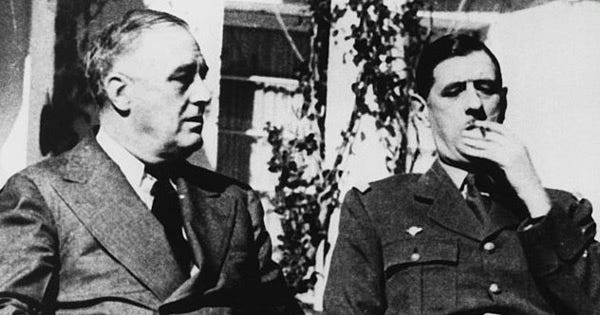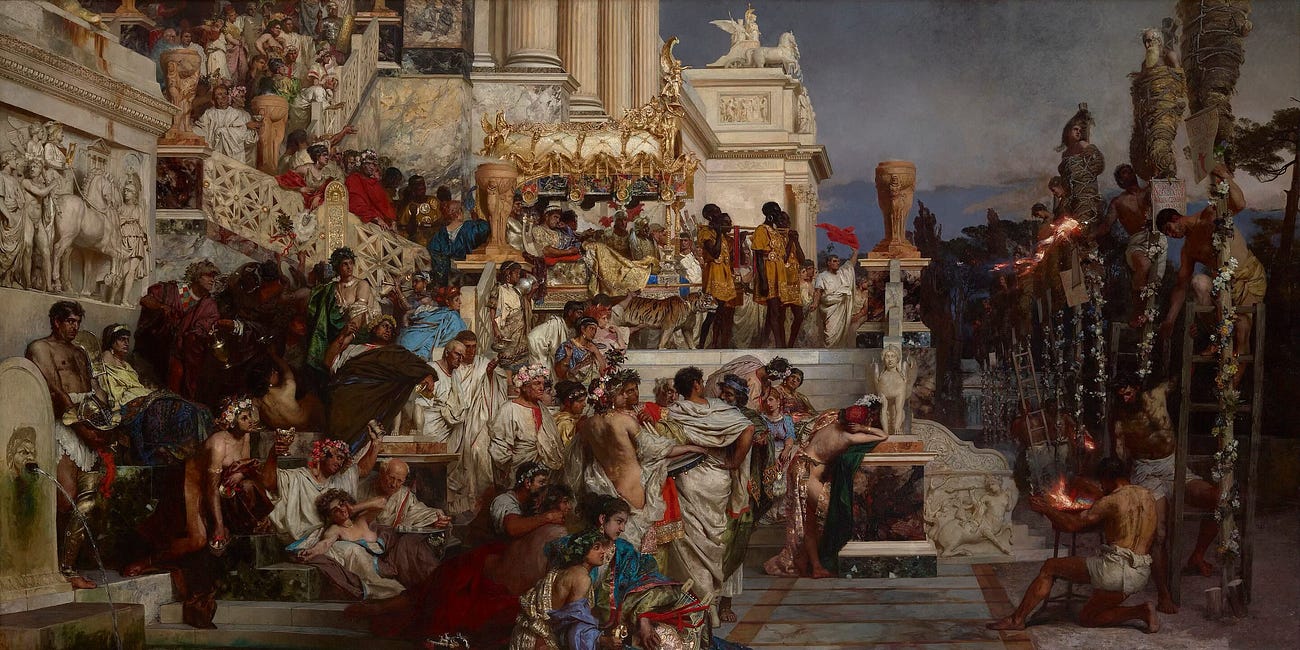“Seeing de Gaulle in the flesh confirmed all Roosevelt’s prejudices. The General’s startling intensity was anathema to his smooth patrician urbanity. He told Churchill that he was ‘concerned at the spiritual look’ in de Gaulle’s eyes. He afterwards recounted, with many embellishments in the retelling, that de Gaulle had compared himself to Joan of Arc. The truth was more complicated. When Roosevelt told de Gaulle he could not recognize him because he had not been elected, de Gaulle replied that Joan of Arc had not been elected either but that her legitimacy had come from taking arms against the invader. The two men were talking an entirely different language: de Gaulle was making an historical argument, Roosevelt a constitutional one, de Gaulle invoking ‘legitimacy’, Roosevelt legality.”
— Jackson, De Gaulle
In other words, there was tension between two types of authority: Legality and Charisma. We truly ought to render de Gaulle’s variant as “charismatic,” rather than “historical,” because what de Gaulle and Joan of Arc truly had in common, was a magnetism that bypassed the law resulting in power. Nothing so disturbs the proponent of Legalistic authority . . . for nothing so reveals that the ancient law is still in man; that he can be seized—modernized or not—if a seemingly magical figure appears.
The stories of both men arc as we’d expect. As de Gaulle was languishing at military school, FDR enjoyed a carefree opulence. While de Gaulle was charging the frontline with his bayonet, thereafter knocked out and made a prisoner of war; FDR had a cushy desk job—the Navy Secretary—acquired by his name.
The most operative principle in the life of Charles de Gaulle was a Roman-esque belief in fate and providence. From a young age, he implausibly spoke of becoming the head of France. When the First World War broke out, he unbelievably applied to be an infantryman, and recorded a sentiment in his journals. Surely, if his premonition were true, he’d never die at war. But in de Gaulle too, there was an ancient amor fati. To be wrong, and to die, would still be purifying:
“By the heady tumult of the combat
By the harsh shudder which is given to those who fight.
By the virile and clean shock of the sword.”
As Roosevelt played politics, perfectly at that, de Gaulle had to claw his way up. And this should never be taken as unqualified praise, for even a “good” demagogue is problematic . . . but to go into voluntary exile, and to say the armistice was traitorous of the regime—to declare one’s self the true embodiment of France . . . and to flip broadcasts into presidential terms—that is the stuff of Charisma.
de Gaulle’s self-basis was forged via tattered journals that he wrote in a war prison; by the pompous lectures that he gave his fellow soldiers; by contemplation—the aggrandizing sort—and by a conscious myth-making of the self.
Roosevelt had his social engagements; the leisure and capital to drop out of law school. What Roosevelt had was charm—not charisma—and a very well concealed Machiavellianism. His career was made by sticking to the party line, and by applying pressure just right.
So to meet with a man who undermined a whole government, and who did so while in exile—and to meet with a man who had a “mystical look,” and who was hypnotizing world leaders . . . was as alarming as it was existential. The men and their archetypes were fated to clash.
The Eternal Reign of Charisma
There are three things that men obey: the strong, customs, or laws. The former two are ancient, and appear now as anomalies. The African junta, the cartel boss; the laws of a prophet, some honor killing—these are the result of a societal lag . . . residue, from a bygone era.



